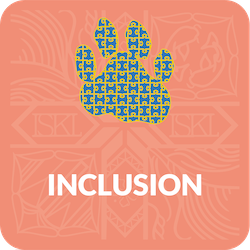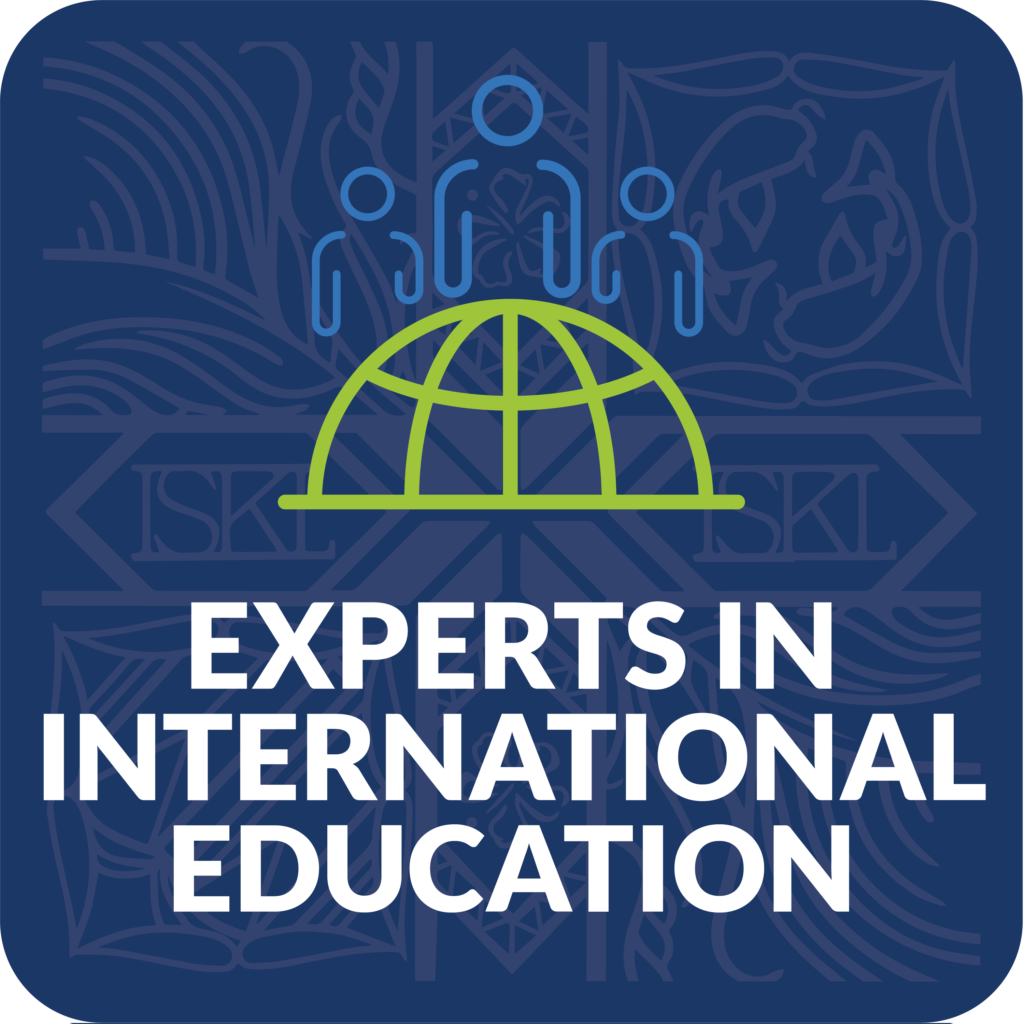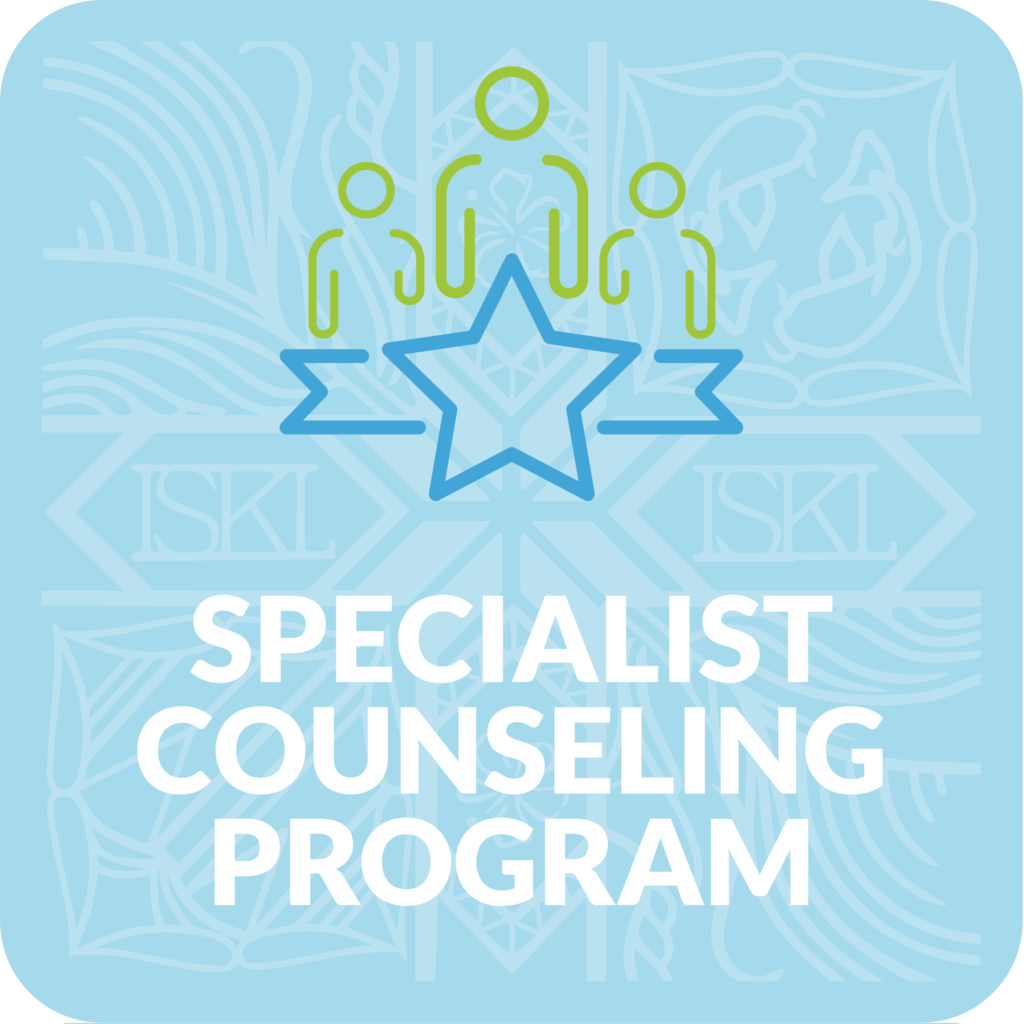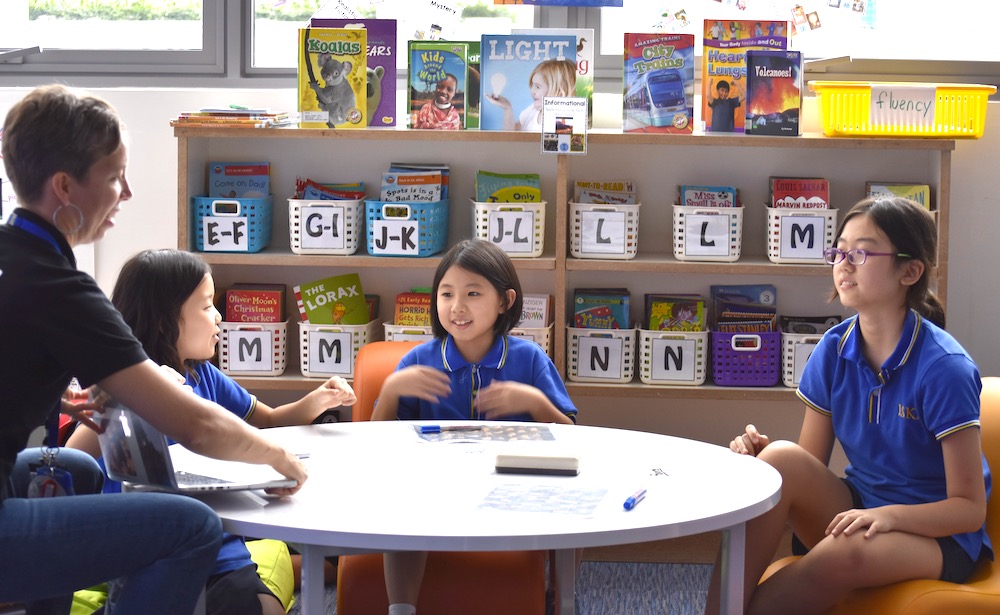 For many families moving to Malaysia from a non-English speaking country is a unique experience that brings with it a range of exciting opportunities. These include the chance for parents to give their child an international education and support them in becoming fluent in English.
For many families moving to Malaysia from a non-English speaking country is a unique experience that brings with it a range of exciting opportunities. These include the chance for parents to give their child an international education and support them in becoming fluent in English.
Regardless of whether a child is entering ISKL with no knowledge or limited proficiency, Ms. Andrea Bongarzone, an EAL specialist here at ISKL, offers this advice to parents: “Make sure you have realistic expectations for your child. Learning a new language takes time and it is important for your child to be supported by our language specialists, classroom teachers, students and parents all working together as a team to ensure the best academic outcome possible within a happy, social framework that enables your child to benefit from all our school has to offer”.
Ms. Bongarzone continues, “Parents need to be mindful that the language of the classroom, which is key to educational success, will take a student significantly longer to acquire than conversational fluency. On average, research consistently shows that while fluency in everyday English can usually be achieved within two years, it will take between seven to nine years to learn English proficiently in both social and academic contexts”.
“Language acquisition is a long-term process with students learning and moving through each stage of language development at different rates. Patience, a supportive environment, and a focus on long-term progress are key. When our EAL students receive acceptances from universities in the U.K., Australia, U.S., and Canada, it can be easy to forget that when they originally joined ISKL many had little or no English!”
A key component to language learning is understanding that, contrary to popular belief, learning English is not just about learning English! Ms. Bongarzone explains, “There is abundant research confirming that a strong foundation in a child’s home language is the best platform from which to build learning in other languages. Knowledge of one language literally supports the development of another language. Whilst the vocabulary and grammar of the home language and English are likely to be very different, the cognitive and academic skills acquired in the home language can be transferred to the learning of English. Children who have acquired literacy skills in their mother tongue are likely to be more proficient at acquiring those skills in English. It is extremely important to remember your child is learning an additional language, not a replacement language, and to place value of mother tongue language learning as well as English”.
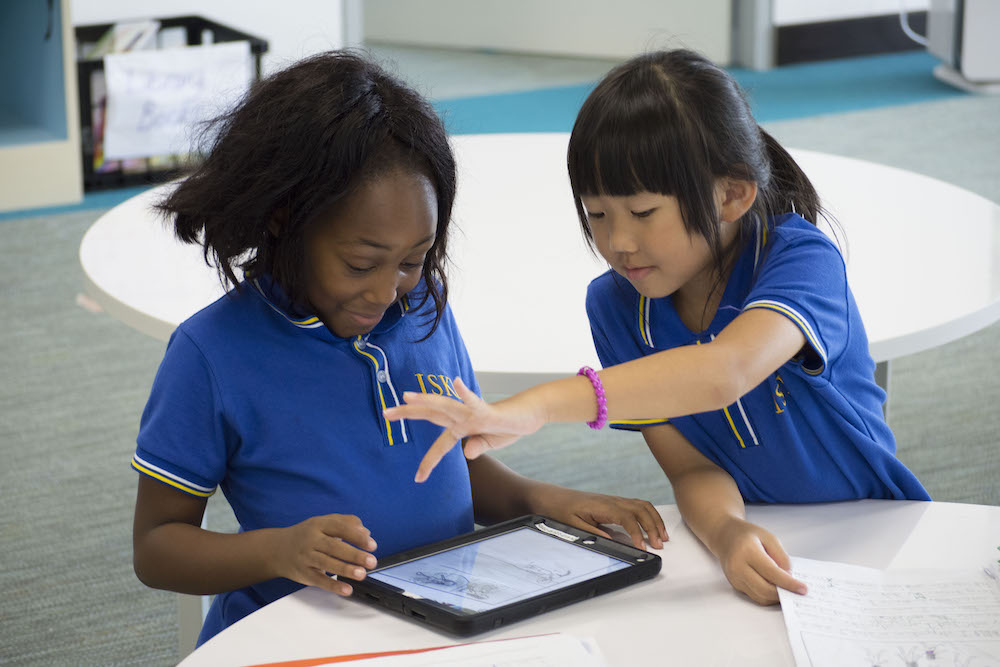 In addition to developing and maintaining spoken and written proficiency in the mother tongue language, there are plenty of things parents can do to support their child’s language learning development at any age. Ms. Bongarzone emphasizes the importance of talking, in your home language, with your child about their day and learning, “Ask lots of questions and find out what your child is learning about. You don’t have to speak in English. Encouraging your child to think about their day and their learning is really important. It stimulates the transfer of knowledge between English and mother tongue languages and helps your child process what they have learned”.
In addition to developing and maintaining spoken and written proficiency in the mother tongue language, there are plenty of things parents can do to support their child’s language learning development at any age. Ms. Bongarzone emphasizes the importance of talking, in your home language, with your child about their day and learning, “Ask lots of questions and find out what your child is learning about. You don’t have to speak in English. Encouraging your child to think about their day and their learning is really important. It stimulates the transfer of knowledge between English and mother tongue languages and helps your child process what they have learned”.
Ms. Bongarzone also encourages parents to be enthusiastic about learning English themselves, “If your child sees you learning or practicing English, they will see you as a role model and be inspired to do the same. ISKL is running EAL classes for parents and, as well as learning English, the classes are an excellent way to understand how your child learns and appreciate their amazing achievements in becoming fluent in another language”.
Ms. Bongarzone concludes, “The aim of ISKL’s EAL program is to help students learn and develop competence in English so that they can succeed in our academic program and fully integrate into every aspect of school life. Whilst the teaching methods and approach of our EAL program evolves in complexity as students move through each stage of our school and each stage of language development, the focus on the relationship between family and school remains constant. It makes no difference whether your child joins us in Elementary, Middle, or High School, does not speak a word of English, or needs support in certain areas, the goal of our EAL team is the same – to work in partnership with you to support multilingual learners, enable them to take advantage of the many opportunities our school has to offer and ultimately fulfill their potential in both their home language and English!”
